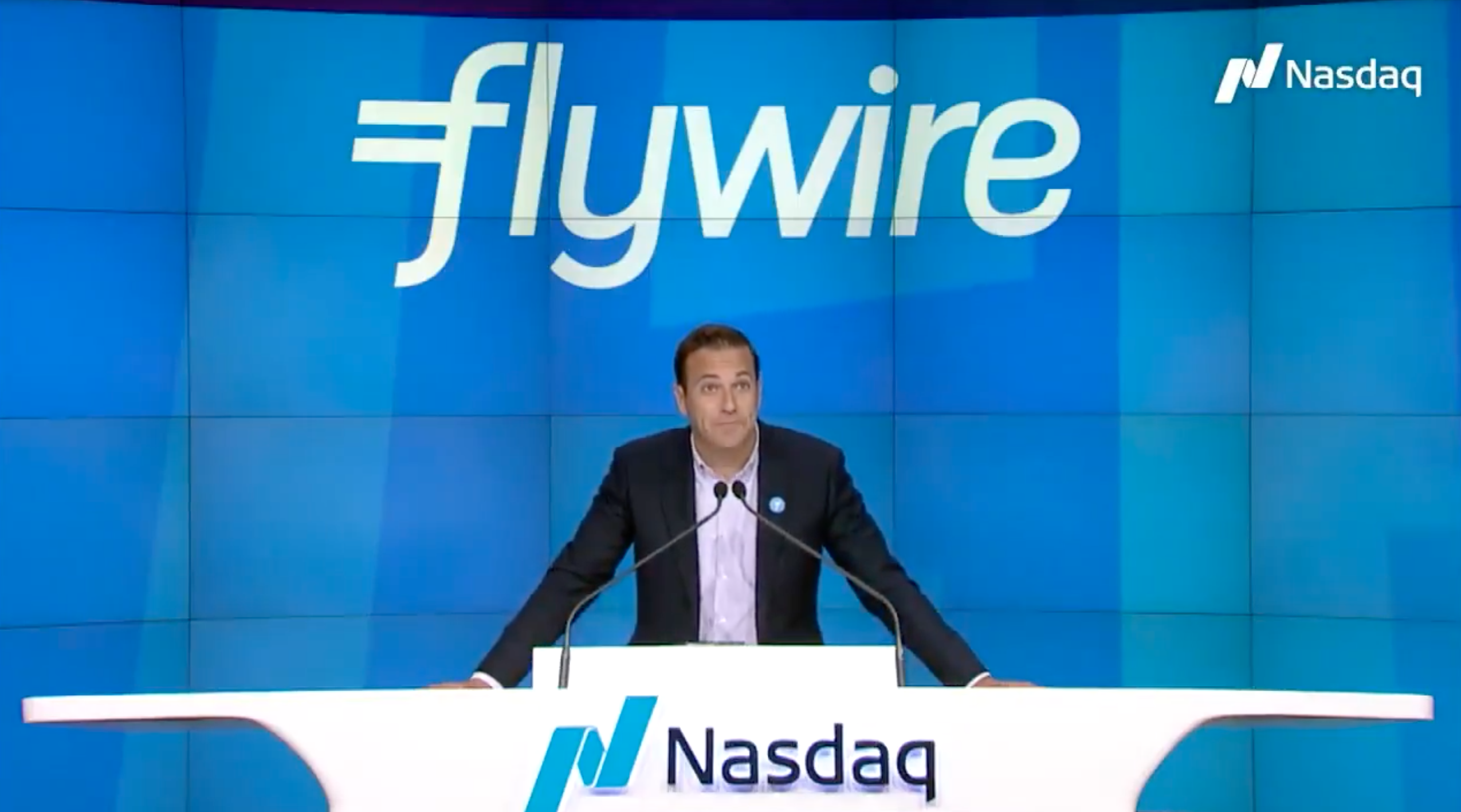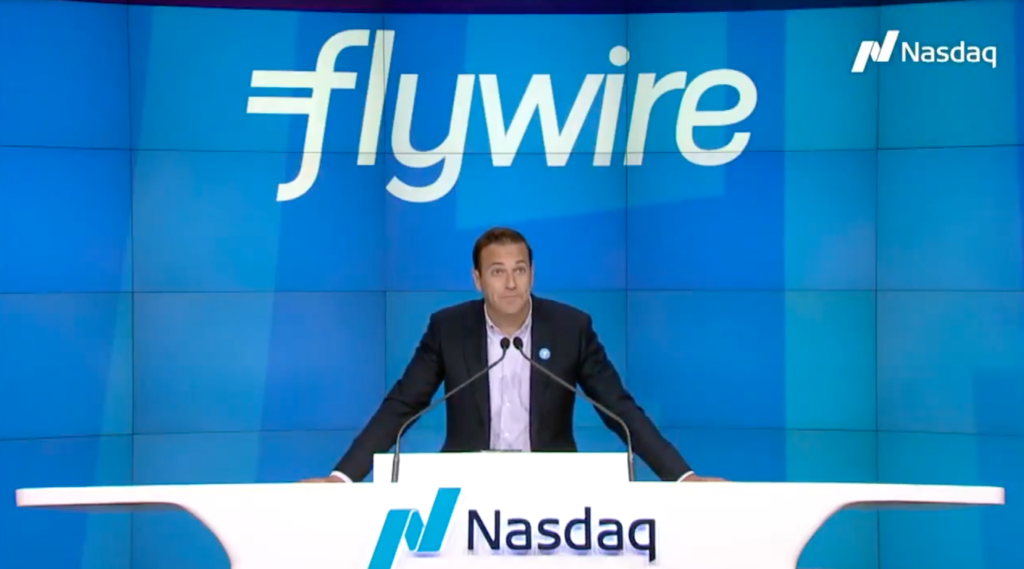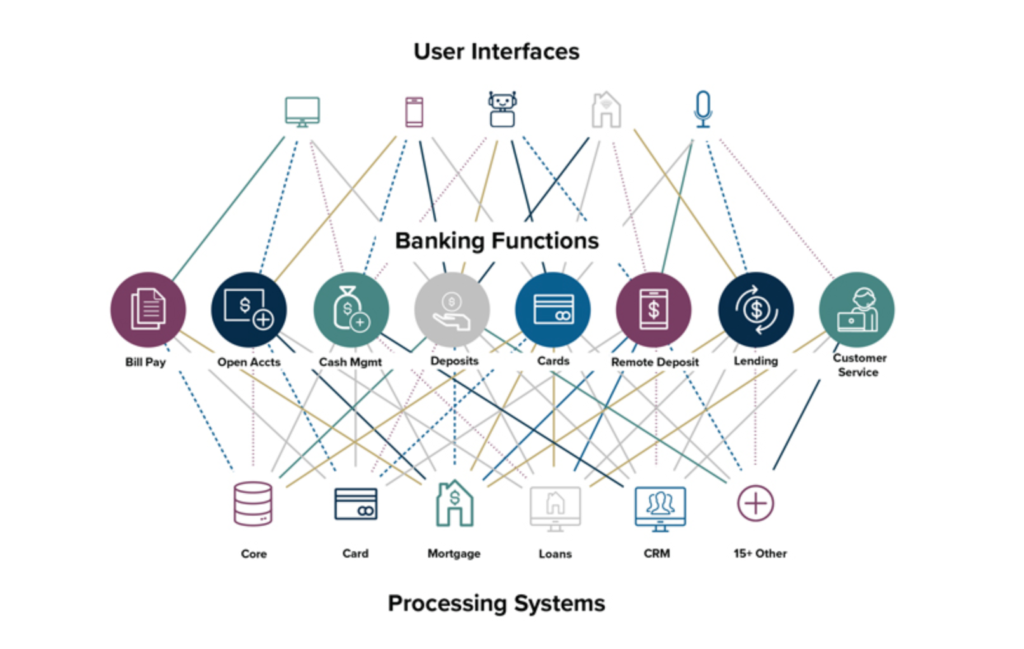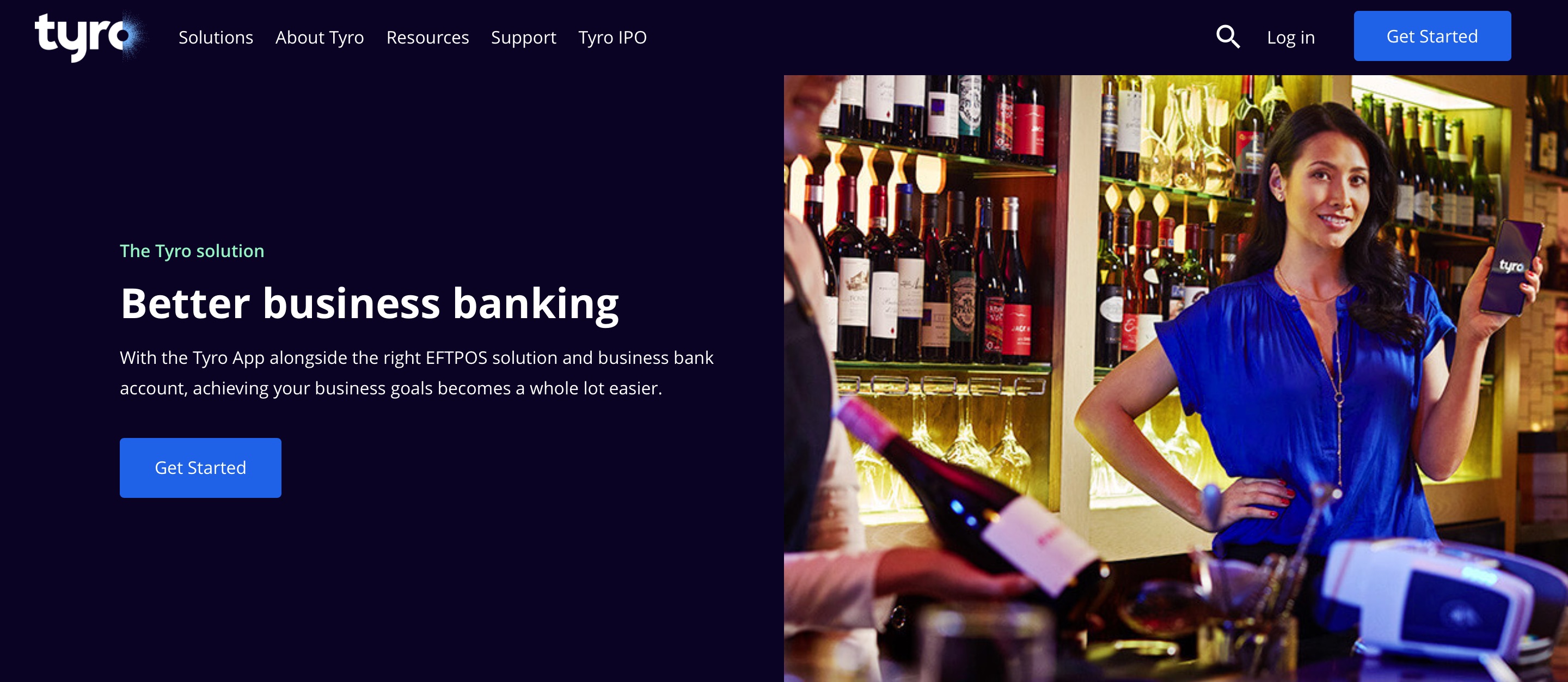
- Klarna is replacing Affirm as Walmart’s exclusive BNPL provider, marking a major shift in the BNPL space.
- Walmart shoppers will soon be able to use Klarna’s installment loans in-store and online, with OnePay handling the user experience and Klarna underwriting the loans.
- The deal strengthens Klarna’s U.S. presence ahead of its IPO, giving it access to millions of Walmart shoppers and increasing its loan volume, brand recognition, and potential investor appeal.
Klarna has big news today, and it’s not just that the company filed its IPO prospectus with the SEC. The buy now, pay later (BNPL) company announced that it has struck an agreement with Walmart to serve as the retail giant’s exclusive partner for BNPL installment loans.
Klarna is replacing BNPL provider Affirm, which secured the BNPL provider partnership with Walmart last January. Under the agreement, Klarna will provide the BNPL loans for Walmart shoppers in-store and online.
The online BNPL loans will be extended through Walmart-owned fintech OnePay (formerly known as ONE). OnePay will handle the user experience, while Klarna will be in charge of loan underwriting. The BNPL loans through One will range from three-month to 36-month terms and will charge interest rates ranging from 10% to 36%. Leveraging Klarna’s BNPL tool will add installment loans to OnePay’s suite of existing financial tools, which include banking, credit, and payments products.
“This is a game changer,” said Sebastian Siemiatkowski, Co-founder and CEO, Klarna. “Millions of people in the U.S. shop at Walmart every day—and now they can shop smarter with OnePay installment loans powered by Klarna. OnePay choosing Klarna as their exclusive installment loans partner at Walmart in the U.S. is a huge vote of confidence as we pursue our goal of being available everywhere for everything. We look forward to helping redefine checkout at the world’s largest retailer—both online and in stores.”
This deal is a significant customer acquisition opportunity for Klarna. Walmart serves millions of shoppers daily, and Klarna’s presence at checkout will significantly increase its U.S. loan volume.
According to CNBC, Walmart will initiate the launch with Klarna in the coming months and will roll out to all Walmart channels later this year. It is likely that Klarna will serve as the only BNPL option for Walmart shoppers by the end of 2025.
Walmart launched OnePay, its fintech startup, in January 2021 through a partnership with Ribbit Capital. In January 2022, Walmart expanded One’s capabilities by acquiring two fintech platforms, Even and ONE, which helped Walmart create a more comprehensive financial services app. One launched with a checking account product for Walmart employees, as well as some select customers, in 2022.
“It’s never been more important to give consumers simple and convenient ways to access fair credit at the point of sale—and that’s especially true for the millions of people who turn to Walmart every week for everything,” said OnePay CEO Omer Ismail. “We’re incredibly excited to partner with Klarna to give consumers easier and more seamless ways to shop with OnePay at Walmart.”
Notably, today’s partnership comes days after Klarna filed its F-1 prospectus with the U.S. Securities and Exchange Commission. While this is a much-anticipated move in the fintech community, the official valuation figures won’t come out until Klarna prices its shares, which may take around a month. That said, Klarna hopes to raise at least $1 billion at a $15 billion valuation.
This deal signifies two major things. First, it indicates a major shift in the BNPL landscape. Affirm’s stock dropped by more than 10% in pre-market trading following Klarna’s announcement, which highlights just how significant a BNPL partnership with Walmart is. Additionally, Walmart’s move to switch its BNPL provider after a little over a year shows that retailers are not afraid to reevaluate their BNPL strategies, and that no single player is untouchable.
Second, Walmart’s move indicates that the retailer is positioning OnePay to compete with traditional banks and fintechs. By adding Klarna’s BNPL tools to its roster of banking services, Walmart is positioning OnePay as a more comprehensive financial platform for its customers, which tend to be financially underserved individuals.






















